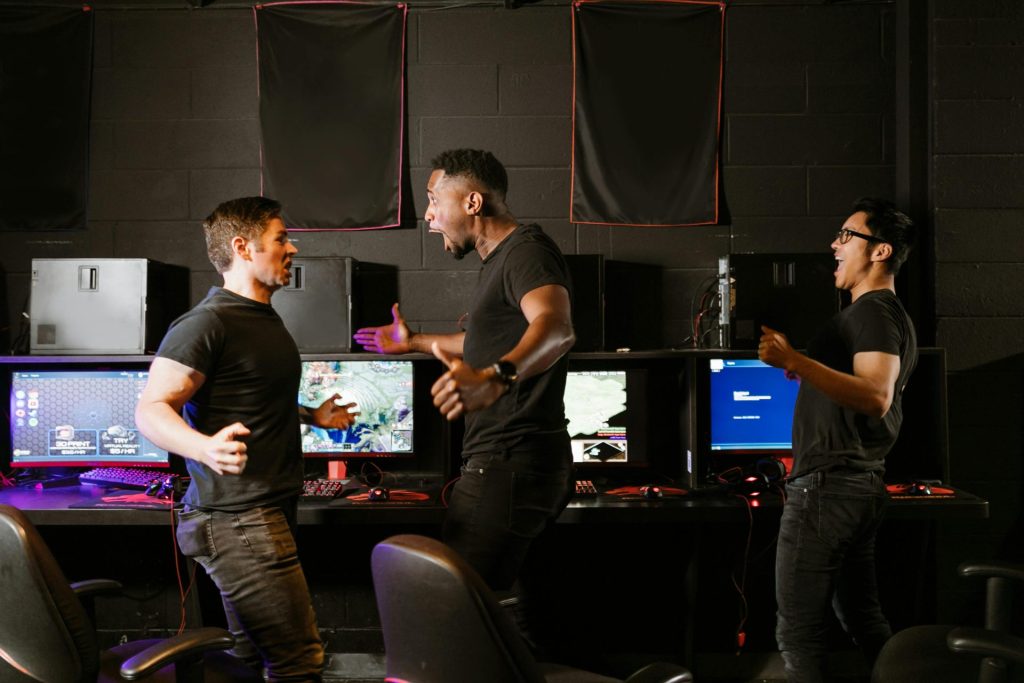August 5, 2024
Game producer is one of the hidden heroes behind the gaming industry’s success (yes, I love this expression). They ensure that your favorite games are practically born but, most importantly, stay alive. Following our ‘Exploring Diverse Paths in Game Development‘ series, here’s a brief look at what they do.
Project Management
Game producers handle scheduling, budgeting, and resource allocation so, in essence, they keep everything on track. They coordinate between game designers, programmers, artists, and marketers to ensure a smooth pathway from start to finish.
Team Leadership
A producer kinda leads the development team, so they aim to create and foster a productive and team-oriented environment. They work closely with creative teams to shape the game’s overall vision, giving feedback and assuring it adheres to the project’s goals.

Handle Communication
Producers are like glue: they must hold everything together. They have to try and ensure seamless communication within departments and also with external partners (like publishers). Most of the time, they will represent the game to the media when it is out.
Marketing and Business Development
Producers must be aware of their market and the state of the industry. They must research how to ensure the game to the target audience and work with marketing to promote it. This involves using social media, influencers, and events to create excitement about the game.
Financial and Contract Management
Producers manage budgets and strike deals with suppliers and publishers. They must ensure the project stays within financial limits while aiming for top-notch quality.
Post-Launch Support and Updates
The work is not done when the game is released, so it usually always falls on them to deal with post-launch support, planning with the development team, updates, and patches so that the players stay engaged and the game runs smoothly.

Types of Game Producers
Depending on the company’s size and purpose, a producer may specialize in different areas of game development. Here are a few common types:
- Creative Producers focus on a game’s artistic vision and direction, working closely with designers, artists, and writers.
- Development Producers handle the day-to-day management of a specific game project, coordinating tasks, tracking progress, and ensuring schedules and budgets are met.
- Executive Producers usually oversee multiple projects within a studio, setting strategic directions and managing overall budgets and resources.
- Marketing Producers focus on promoting and marketing a game, working with marketing teams to develop campaigns and analyze player feedback.
- Publishing Producers work for game publishers, overseeing games developed by external studios to ensure they meet quality standards and align with their marketing objectives.
Game producers wear many, many hats and play a very critical role in bringing those awesome games you love and play to life.